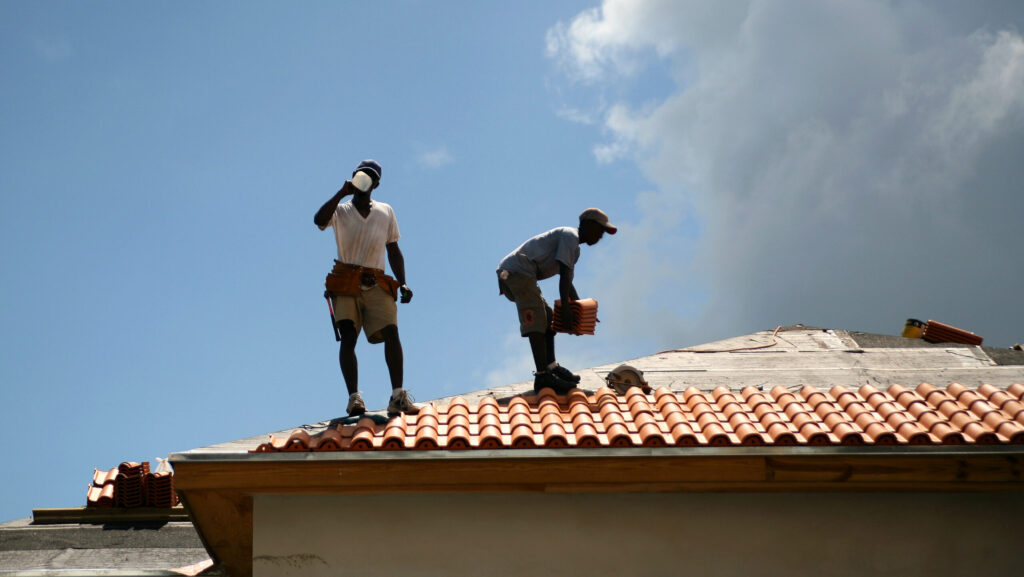As federal heat rules for workers stall, local data becomes even more critical

We all know how hot California summers can get. But for a lot of people, heat isn’t just uncomfortable—it’s dangerous. Farmworkers, delivery drivers, construction crews, jardineros, and warehouse workers. Jobs you can’t do from an air-conditioned office—those are the ones heat hits hardest. When the temperature spikes, so does the risk of illness and even death. Indoor workers in factories, warehouses, and our local restaurants would have also seen these added protections.
That’s why it’s troubling to watch the federal government pause plans for the first major national heat safety standard. These Biden-era protections were supposed to set basic workplace protections such as access to water, shade, and rest breaks. Things that save lives. Now those protections are on hold. It leaves millions of workers in limbo, especially in places already feeling the worst of climate change.
When federal action stalls, local communities have to step up. And to do that, they need good information. That’s what the Latino Climate and Health Dashboard is for. It’s not just a collection of numbers. It shows Latino neighborhoods where heat days are most frequent, where air pollution is worst, and where health problems like asthma are hitting hardest.
These problems don’t affect everyone the same way. Latino neighborhoods often face more heat and more pollution, with fewer resources to cope. That’s not by accident. It’s the result of years of policy decisions that left some communities without the protections they deserve.
We built this dashboard so that local governments, nonprofits, and community leaders have solid data to point to. It can help them plan, argue for funding, or just make the case that something needs to change.
Because even if Washington, D.C., drags its feet, the heat won’t wait. And the people most at risk can’t wait either.
If you work in advocacy, policy, planning, or public health, take a look at the dashboard. Share it with your colleagues. Use it. The data is there to back you up in the fight for safer, healthier communities.








